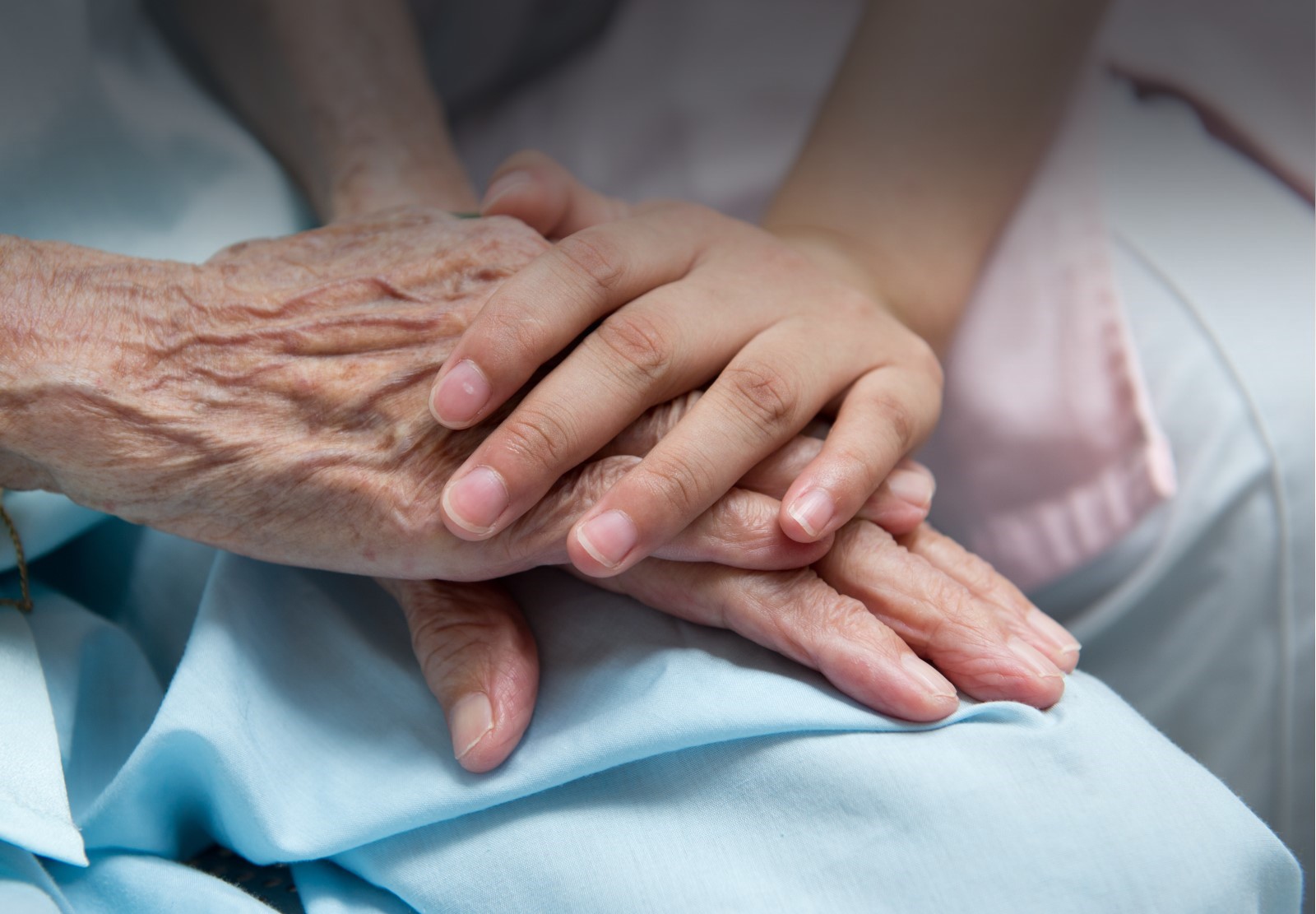Originally published in The New Zealand Herald, 15 December 2017
By Dr Sinead Donnelly
In support of his bill that seeks to change the law in New Zealand, David Seymour claims, “It is ok if a doctor intentionally ends your life by giving you too much morphine and claiming that’s a double effect. All that is ok. All that happens without any regulatory safeguards whatsoever.”
I am a palliative medicine physician with 28 years experience in caring for patients and their families at the end of life.
I am affronted by the fact that a politician would imply he understood the finer details of medicine and medical treatment better than me or my colleagues.
To Mr Seymour I say, how dare you accuse my profession and my colleagues of illegal practices.
How dare you confuse quality and ethical care with the intentional ending of a person’s life. What makes you think you know better than the World Medical Association or the New Zealand Medical Association?
It is unacceptable that such uninformed statements go unopposed. For too long we have retained our professional discipline and shown restraint by not reacting publicly to such loose and ill-informed pronouncements. It is unfortunate to even repeat what has been said, but I do so to explain my justified outrage.
We do not intentionally end the lives of our patients by giving too much morphine. We train under strict supervision according to national and international standards of excellence in the discipline and science of use of morphine and other drugs for symptom control.
Morphine is not used to euthanise people in Netherlands or Belgium, morphine is a very effective analgesic in patients suffering from moderate to severe pain and it is safe in the hands of medical prescribers who are trained as we are in its use.
There is no evidence that doctors are using morphine to kill patients in New Zealand. There are extensive safeguards in the training and practice of medicine. The correct titration of all the drugs we use to relieve symptoms and minimise side-effects is at the heart of training in palliative medicine.
More and more these days such training occurs at undergraduate and postgraduate levels for all doctors, including GPs and hospital doctors.
Politicians do great harm to the perception of medical practice, and instil unnecessary fear and anxiety in the minds of the public, by promulgating, on national television, incorrect, misleading and unsubstantiated statements.
If Mr Seymour knows he is incorrect, then he is misleading the people. If he does not know that he is incorrect, then he is quite simply showing his abject lack of knowledge on this topic.
In February 2015 Dr Rob Jonquiere, a general practitioner from the Netherlands and director of communication for the World Federation of Right to Die Societies, spoke at a public meeting in Wellington.
He was asked a question about what drugs he used and how to calculate the right dose of medication when euthanising one of his patients.
He explained how to use phenobarbitone to sedate followed by a muscle relaxant. In relation to the dose he jokingly added: “Why be careful!” There was muted laughter from the audience.
Seated in the audience at the back of the church hall, I felt weak. As a doctor I care fastidiously for people who are facing death and every day I try to be careful. I teach medical students why we need to be careful and how to be careful.
Looking after and serving someone who is vulnerable, sick or dying lies at the heart of ethical medical practice and requires great care.
I was deeply troubled by the flippancy and the laughter among this largely pro-euthanasia group. And then it struck me: “By promoting the legalisation of euthanasia and assisted suicide, David Seymour’s bill is seeking to change the nature of our medical profession from ‘care always’ to ‘why be careful!'”
All my training, discipline and professionalism as a palliative medicine doctor reviles against the notion of being anything other than exquisitely careful with the lives of others while ensuring they are pain free.
• Dr Sinead Donnelly trained as a specialist in general and palliative medicine in Ireland, Scotland and USA. She has worked in Wellington since 2008.

